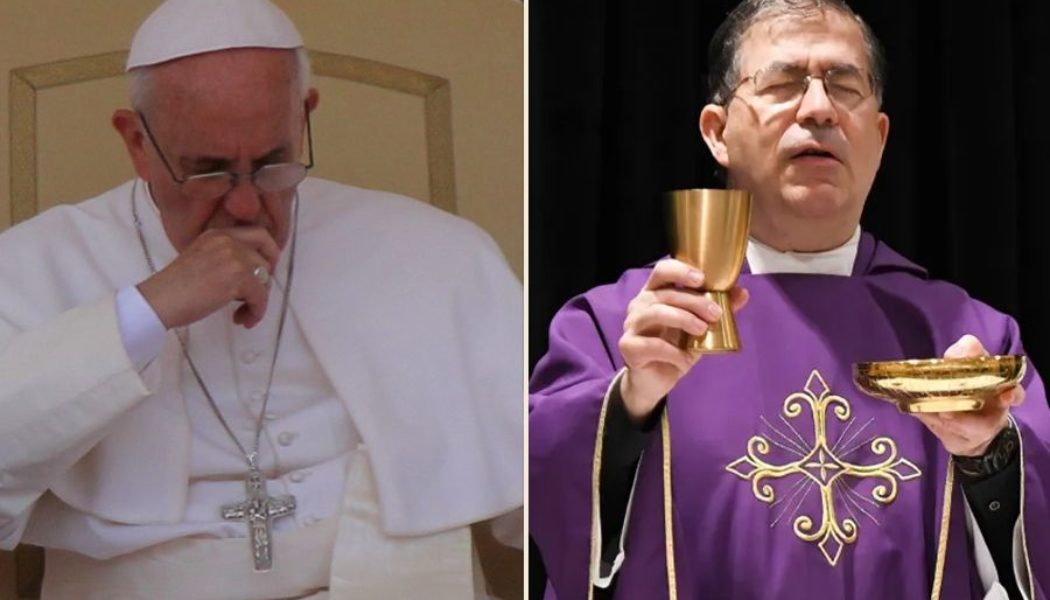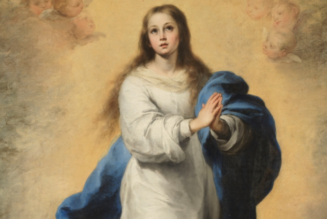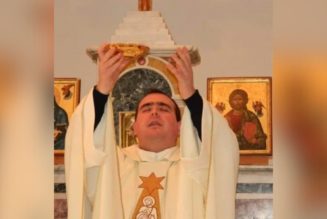
To better understand the Church laws and judicial processes involved in cases such as this, CNA sought the expertise of Father Gerald E. Murray, a canon lawyer and the pastor of Holy Family Church in New York City who is a regular contributor to EWTN’s “The World Over with Raymond Arroyo.”
What is the typical process for these types of accusations?
Ordinarily, it is the responsibility of the bishop of the diocese in which the accused priest is incardinated to investigate accusations of “blasphemous communications on social media” and “persistent disobedience of lawful instructions of his diocesan bishop,” which are the two reasons given for Father Pavone’s dismissal from the clerical state in a communication sent to the bishops of the United States by Archbishop Pierre.
The diocesan bishop, if he finds that a priest is guilty of such offenses, would then refer the matter to the Holy See if he judged that the penalty of removal from the clerical state was the appropriate punishment. The diocesan bishop cannot on his own authority dismiss a priest of his diocese from the clerical state.
Furthermore, the Code of Canon Law does not state that the possible penalties for these two offenses include dismissal from the clerical state. Canon 1368 states that a person who utters blasphemy is to be “punished with a just penalty.” Canon 1371 states that “a person who does not obey the lawful command” of his Ordinary “and after being warned, persists in disobedience, is to be punished, according to the gravity of the case, with a censure or deprivation of office or with other penalties mentioned in can 1336, 2-4.” Canon 1336, 5, which is not included in the scope of punishments for a violation of canon 1371, mentions dismissal from the clerical state.
Thus, imposing dismissal from the clerical state for these offenses would require what happened in this case, that is, the issuance of what Archbishop Christophe Pierre (the apostolic nuncio to the United States) identified as a “Supreme Decision admitting of no possibility of appeal.” Only the Pope, who enjoys “full and supreme power in the Church” (canon 332, 1), can issue such a decision against which there is no possible appeal.
Join Our Telegram Group : Salvation & Prosperity









